Published
- 06:00 am
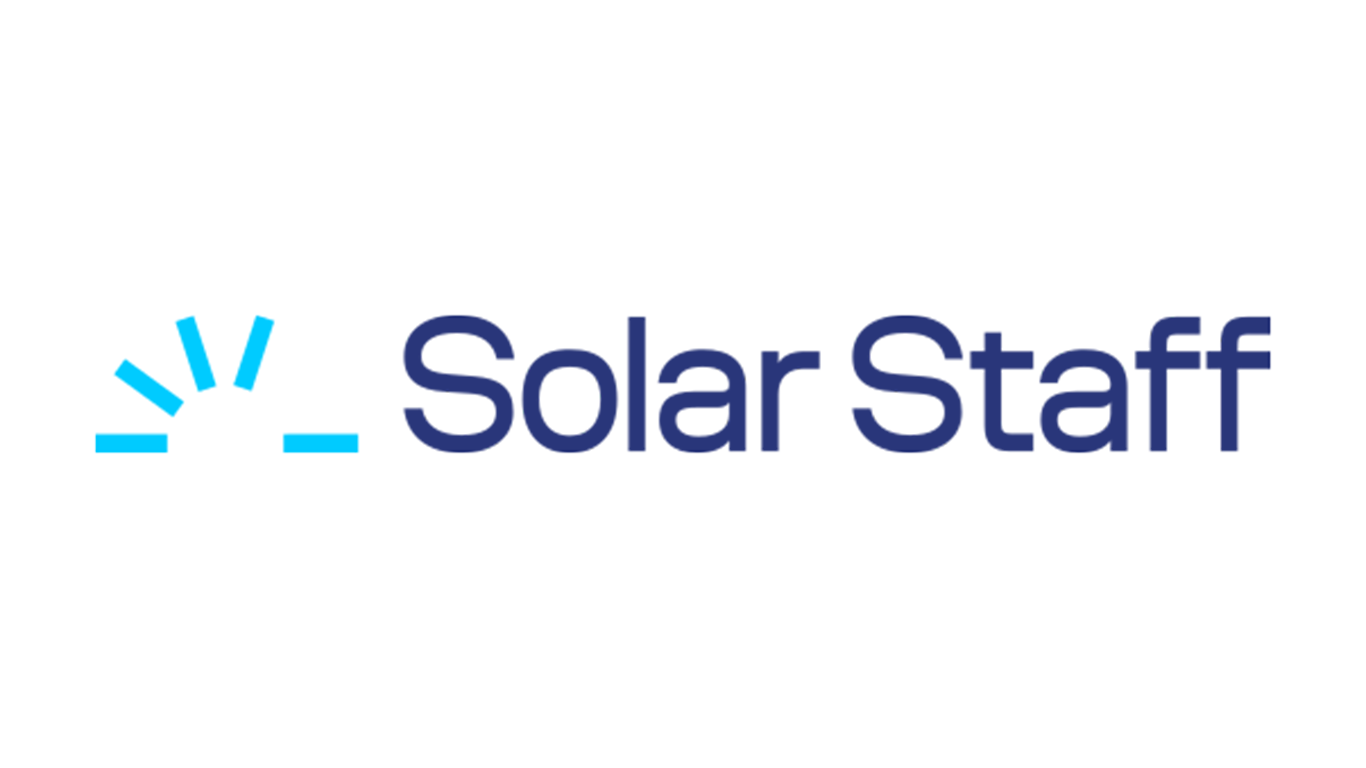
Solar Staff, a fintech company that connects businesses with freelancers in over 190 countries, surveyed U.S.-based businesses to identify the main trends and the most pressing issues they face when working with independent international contractors. The resulting study was titled “Navigating the Global Freelance Economy: Challenges and Opportunities”, and some of its most relevant findings are that 38% of respondents indicated payroll as a pain point due to currency exchange and compliance issues, with 57% expecting compliance requirements to be the biggest issue in the coming future and 44% using crypto payments in an attempt to reduce risks related to cross-border payments.
For this report, Solar Staff conducted a multi-choice survey with 400 C-level U.S. managers, with the purpose of analyzing the current state of the U.S. and cross-border freelancing market, identifying key trends in this sphere, understanding the concerns of businesses, and forecasting future challenges in regards to hiring freelancers, including payments and other compliance mechanisms.
Since Solar Staff provides payroll services for U.S. companies engaging with freelancers in over 190 countries, the research specifically focused on the utilization of HR and payroll service providers, their implementation, and companies' preferences when working with said platforms, including what the respondents considered as the most relevant features.
The report revealed the following key insights on how U.S. companies attract cross-border freelancers and work with them:
- 62% of respondents indicated that the first problem when hiring a freelancer is finding one with a proper skill set.Even if the demand for specialized skills is increasing, the U.S. market is experiencing a staff shortage, and only 43% of companies already engage cross-border freelancers.
- To simplify the process of finding a suitable freelancer, the absolute majority (91%) of companies use contractor management systems at least sporadically, with 62% doing so consistently.
- Dealing with compliance is an issue preventing some businesses from working with cross-border freelancers, with only 22% of companies having an in-house team of experts and 66% relying on different kinds of tools to ensure the fulfillment of regulatory requirements.
Regarding payments, the research identified the following patterns:
- The ability to use various payment methods is crucial for business owners working with freelancers from different countries, as the choice of payment method depends on local legal requirements and the freelancers' capabilities to accept payments. 63% of respondents consider multiple-choice of payment methods an essential feature of a payroll platform.
- While classic methods, such as wire transfers (46%), are still used, an increasing number of companies use crypto in response to freelancer demand and to simplify and quicken international payments.
“We see that companies are becoming more concerned about the growing role of compliance than about the economic situation, since a recession impacts both companies and contractors. For the time being, 63% of the companies consider multiple payment methods an essential feature of a payroll platform because it allows them to choose the simplest payment option based on a freelancer’s home country,” comments Pavel Shynkarenko, co-founder and CEO of Solar Staff.
Business owners pay special attention to compliance issues as they may cause all kinds of legal difficulties, and when asked about the most critical issue in regards to the future of freelancer-related transactions, 57% of respondents mentioned that adapting to regulatory changes was their main concern. The anticipated challenges are associated with the potential tightening of restrictions of international transactions, particularly concerning payments, which may serve as an impediment to the growth of the cross-border freelance market.
Related News
- 01:00 am
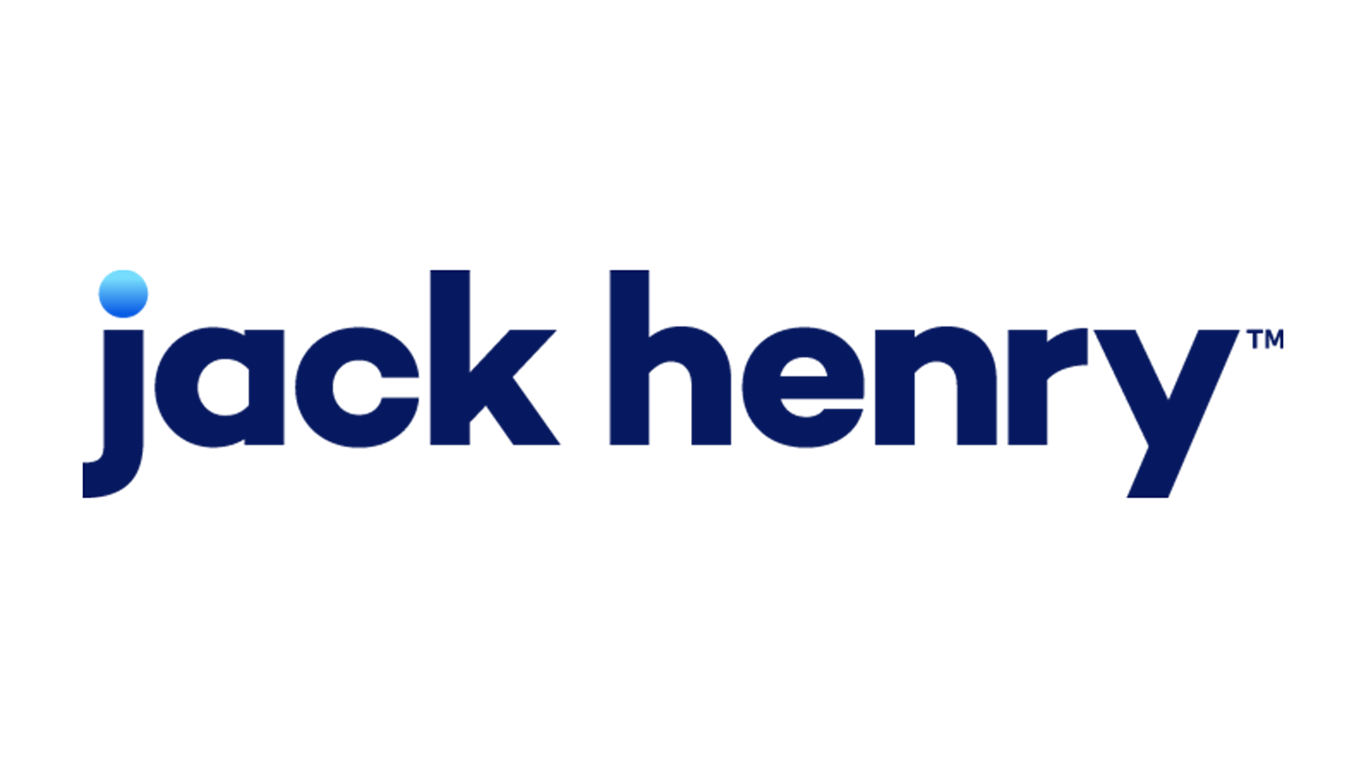
Jack Henry™, today announced that Platinum Federal Credit Union (PFCU) is working with Jack Henry to improve their community’s financial health by growing their membership and focusing on the financial health of their members.
PFCU is one of the fastest-growing credit unions in Georgia – since launching in 1999, it now has more than 10,000 members. The credit union serves the financial needs of the Shia Ismaili Muslim community, and its members include many small businesses that support the local community.
To support the growing needs of its community, PFCU selected Jack Henry’s Symitar® platform. The platform will provide the credit union with more flexibility and configurability, such as the ability to offer business payment services including ACH, wire transfers, and entitlements, while improving cash management and workflows with more automation. The open banking platform will enable members to view their complete financial picture safely and securely in the PFCU app, including information from outside the credit union. Members’ expenses will be enriched and categorized, providing them with more visibility of their spending habits and patterns.
“Our mission is to equip members with the financial services they need to meet personal and professional goals – and Jack Henry will help us deliver on this commitment,” said Kabir Laiwalla, CEO at PFCU. “By providing a holistic financial view, we can prepare members to make more informed and healthy financial decisions. As a result, this collaboration with Jack Henry will allow PFCU to scale our services while becoming the center of our accountholders’ financial lives.”
PFCU also plans to implement a full suite of Jack Henry’s solutions. Its lending platform allows for seamless and end-to-end experiences for both members and employees managing personal and business loans. Jack Henry solutions will also help the credit union provide a more cohesive member experience, including real-time embedded payments and debit and credit card management. The credit union looks forward to offering the same type of unified experience to business members with Banno Business™.
“We’re proud to provide the technology that credit unions like PFCU need to create financial resilience and support members’ financial health,” said Shanon McLachlan, president of Credit Union Solutions at Jack Henry. “By offering a full suite of lending, payment, and financial management services, PFCU’s members and businesses can make the most of the services offered.”
Related News

Lionel Sancenot
Managing Director for Continental Europe at Iress
The constraints and costs of the cloud see more
- 01:00 am
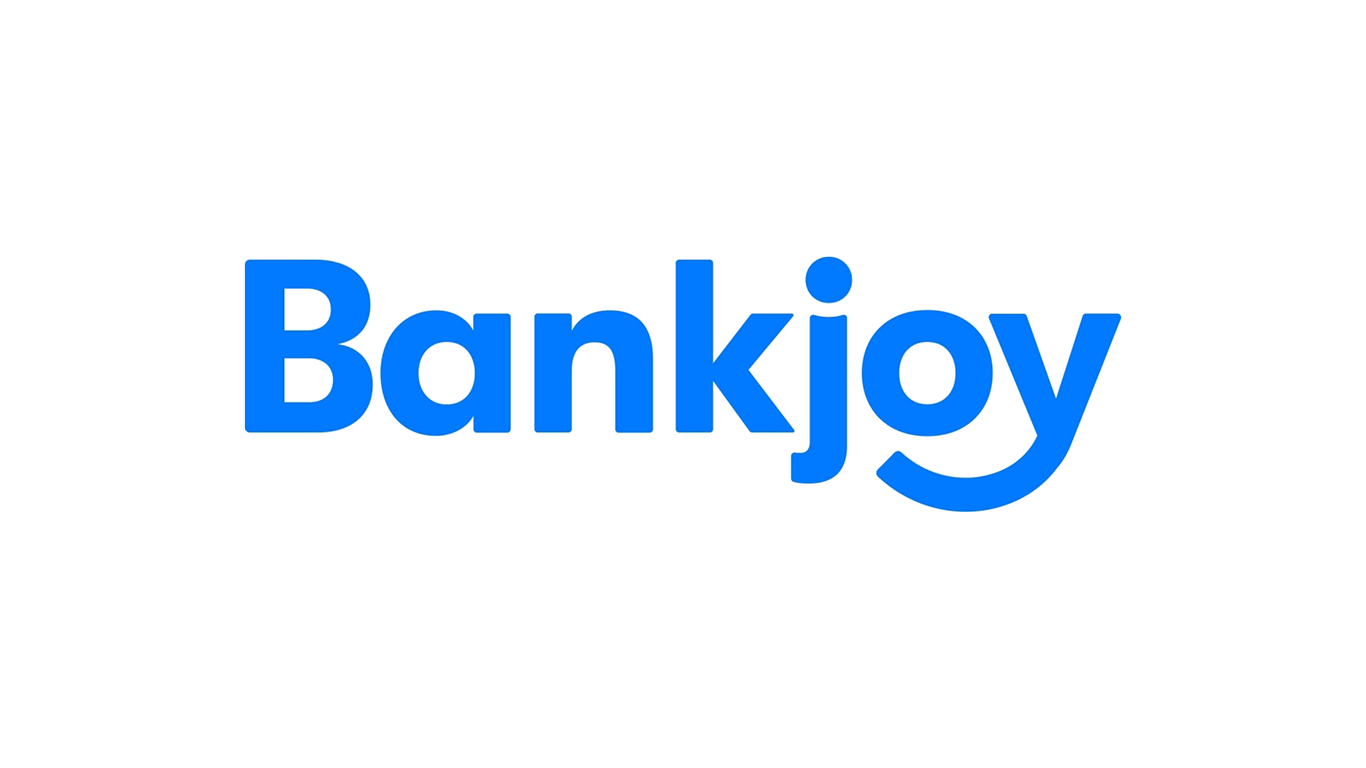
Bankjoy, a digital banking provider, has launched Business Banking 2.0, which features new product and service enhancements designed to help banks and credit unions better serve businesses across their local communities. Bankjoy announced the launch of Business Banking 2.0 at Corelation’s 12th Annual Client Conference in San Diego, California.
Bankjoy’s upgraded Business Banking platform delivers a superior digital banking experience for business and commercial account holders. The platform enables banks and credit unions to support a range of commercial clients, including retail businesses like coffee shops and apparel stores, small to medium-sized businesses, commercial real estate companies, service organizations such as dental offices and vet clinics, and large agricultural enterprises.
“The pandemic changed the business landscape and while it forced many to close, the last few years have seen a surge in new business applications, creating a huge opportunity for banks and credit unions,” said Michael Duncan, CEO of Bankjoy. “In 2020 alone, more than 4 million business applications were filed, up 24% over 2019 and 51% over the 2010-2019 average, according to the U.S. Census Bureau. Bankjoy’s Business Banking platform was thoughtfully designed to help financial institutions support this growing demographic and empower the businesses in their local communities to thrive.”
Bankjoy has recently expanded the platform’s capabilities with several new features, including:
- Industry-leading security and fraud prevention tools, such as multi-factor authentication services for business owners and their teams. The system also incorporates positive pay, which enables businesses to mitigate check fraud by matching company-issued checks with those presented for payment.
- Transaction management capabilities, which allow businesses to seamlessly initiate and manage bulk ACH, wire and internal transfers.
- An industry-leading user interface that enables users to manage a single set of credentials to access multiple businesses and their personal account.
- Account management features that allow users to seamlessly add accounts from other financial institutions to Bankjoy’s platform with Plaid’s aggregation tool, giving business account holders a centralized place to view and manage their finances.
- Integrations with a variety of third-party vendors, such as Intuit Quickbooks for taxes, payroll, accounting and invoicing needs. Bankjoy also integrates with leading real estate services, such as AppFolio, which empowers property management companies to process transactions between owners, renters and contractors.
Related News
- 03:00 am

Qorbis, a leading innovator in end-to-end embedded finance and FinTech personalization, today announces its partnership with top Banking-as-a-Service (BaaS) provider, Mbanq, to create a unique financial control and brand enhancement platform for clients.
Already live at the alpha-testing stage, the solution is unique in its flexibility for brands:
- Each brand can have an unlimited number of cards and accounts, suitable for employees, fans or customers.
- Each brand has full balance control and can tailor expenses from airport transfer to superyacht purchase, in real-time.
- Brand financial controllers have ultimate spend management oversight to streamline massive events, like film productions, sports and entertainment events and corporate travel.
Previously such use-case scenarios were completely inaccessible to smaller businesses.
Qorbis enables any organization to create new revenue streams, enhance brand loyalty and simplify corporate spend management with flexible, customizable, and scalable financial solutions.
Qorbis offers branded corporate cards, smart money management tools with real-time reporting, accounting integration and global concierge service in one easy-to-use solution. It allows any brand to build branded banking and payment services, such as current and savings accounts, payments solutions, and debit cards.
Additionally, Qorbis is a very different type of FinTech platform due to its level of customer personalization. Key features of the platform include the ability to:
- Implement comprehensive and robust corporate financial controls with real-time visibility into spending, and expense reporting with total flexibility from a single device.
- Unlock new digital revenue streams to share income from customer purchases and interchange.
- Provide a powerful promotional tool to enhance brand loyalty and seamlessly add value to customers. Organizations can deliver simple, smart and secure financial services as well as bespoke reward and loyalty programmes under their own brand.
Stephen Williams, CEO of Qorbis, says, “Embedded finance works best through a personalized approach. Qorbis’ platform allows brands to treat each user as an individual”.
“In addition, Mbanq has enhanced our financial solutions so brands can integrate regular banking services across the international financial system with full regulatory compliance. Mbanq’s proprietry technology allows Qorbis’ clients to gain an increasingly-important competitive advantage.”
Vlad Lounegov, CEO of Mbanq, says, “Qorbis leads the way towards unique and personalized digital financial services for any brand and its customers. Qorbis’ solutions provide a multitude of benefits, including flexible expense management and increased customer engagement, while at the same time opening new FinTech income revenue streams.”
Related News

Jacques Potts
Senior Marketing Manager at Ledgible
As the crypto industry continues to grow and mature, investors are increasingly looking for new ways to diversify their see more
- 04:00 am
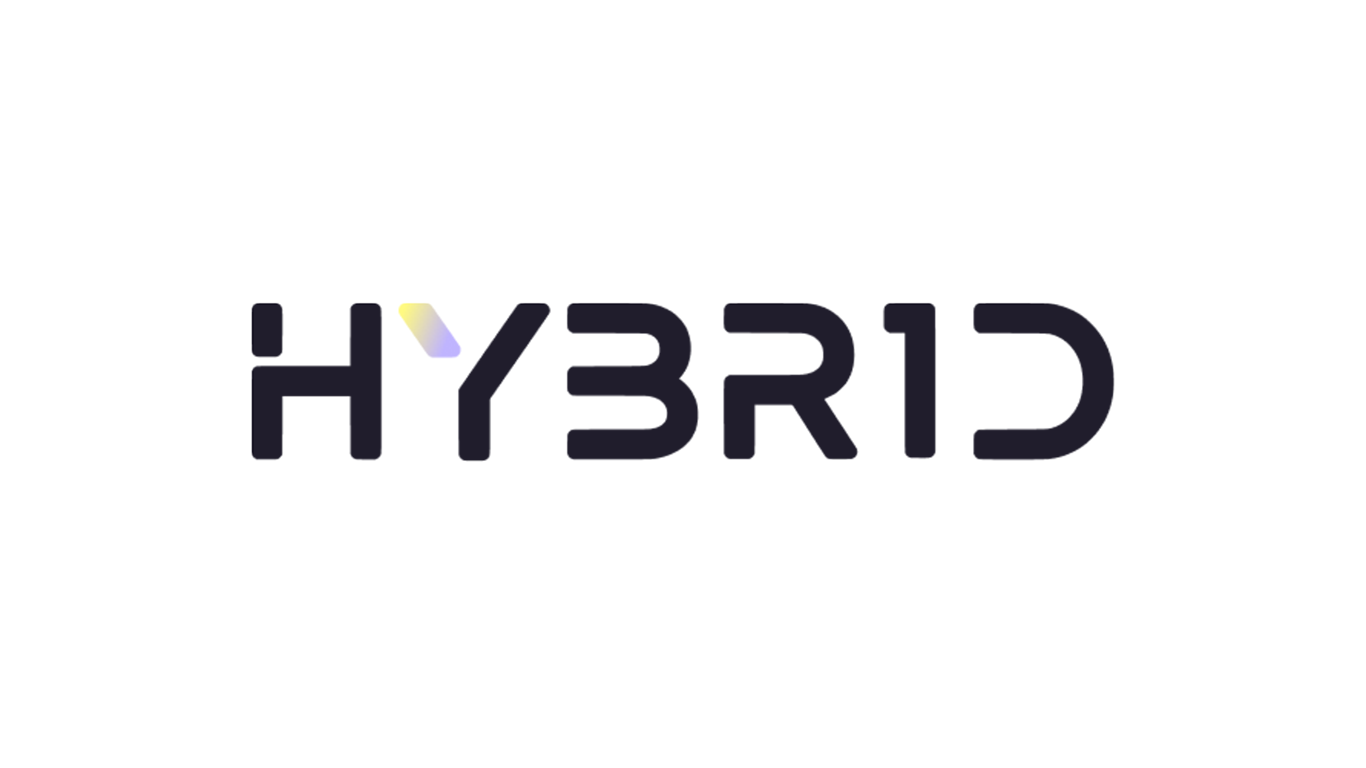
Hybr1d, a global workforce management platform, today announced the completion of a US$3.2 million pre-seed round of financing from Global Founders Capital, MS&AD, 468 Capital, and 1982 Ventures. The company plans to use this investment to supercharge its technology development, recruit across all functions, and expand its reach across the Europe, APAC and Middle East regions.
Founded in August 2022, Hybr1d is a full-suite solution for businesses of all sizes to streamline their IT and HR processes, ranging from onboarding, procurement, managing devices globally to leave and attendance management, and employee off-boarding. This end-to-end platform serves as a sturdy foundation for organizations to cut down on expenses, boost productivity, make data-driven decisions, and take advantage of AI's potential. The company offers companies with an innovative feature that automates virtually any IT and HR administrative task using a command bot. With this feature, businesses can save hundreds of hours every week, freeing up time for more meaningful work.
Since its inception, Hybr1d has emerged as a driving force behind the success of numerous modern high-growth businesses, enabling them to achieve remarkable cost savings. Through targeted IT solutions, Hybr1d has helped these companies reduce their annual operational expenses by up to 30%. What truly sets Hybr1d apart is its unparalleled global reach. As the only company in APAC that equips, manages, and serves over 5,000 users in more than 30 organizations across 80 countries, Hybr1d operates an all-in-one employee and device management platform supporting clients globally. With a comprehensive suite of services encompassing the management of employees' apps, devices, data, and security, Hybr1d empowers businesses to streamline their operations and focus on core competencies.
Hybr1d is led by Yoan Kamalski, Pauline Wetzer, and Aditya Anand, a team of serial entrepreneurs who previously founded companies like Hmlet, FOERNI, and Tellephant—and started Hybr1d with a mission to eliminate administrative headaches from business systems. As seasoned entrepreneurs, the founding team has first-hand experience in using traditional HRIS platforms that offered little to no integration with IT systems, recognizing the need in the market for a unified platform that would provide the infrastructure needed to give companies visibility on employees, support global talent management, and IT administration.
"We are grateful to have the support of our investors, and this funding will allow us to accelerate our expansion and product growth, especially in the APAC, Europe, and Middle East regions,” said Yoan Kamalski, Co-founder and CEO of Hybr1d. “Our platform is designed to help companies of all sizes save on cost and prepare for the AI revolution, and we are excited to continue to support businesses as they transform their IT and HR processes.”
“At MS&AD Ventures, we fundamentally believe that global companies can be built anywhere and Hybr1d is part of the solution to help companies leapfrog into the future. We are excited to partner with them on this journey,” said Tiffine Wang, Partner at MS&AD Ventures. MS&AD Ventures is the venture capital arm of MS&AD Insurance Group Holdings (the fifth-largest insurance conglomerate globally).
“Hybr1d represents a timely and lasting technology with a focus on AI and automation software with significant opportunities in European markets. As the go-to fund for European entrepreneurs, we jumped at the chance to partner with Yoan and the Hybrid team,” said Tito Costa, Partner at Global Founders Capital.
With this round of financing, Hybr1d will recruit more leaders and experts across all functions to accelerate Hybr1d's global expansion. The company will also invest in product development and enhance the platform’s capabilities—providing exceptional value to existing and new customers alike.
Hybr1d has gained significant traction since launch, attracting marquee brands and fast-growing companies, such as Carousell, Sleek, CyberSierra, Beam Mobility, and Multiplier, who have become part of Hybr1d's exceptional customer base.
"Hybr1d offers unparalleled coverage and excellent value for money. As our business expands, we are always seeking to attract top-notch talent, making the ability to swiftly allocate resources crucial. Hybr1d's platform empowers us to rapidly deploy both hardware and software to teams in various locations, catering to our evolving requirements. Hybr1d has proven itself indispensable in minimizing downtime, managing IT expenses effectively, and safeguarding our company's data," said John Esguerra, Head of Regional Corporate IT, Carousell.
Related News
- 08:00 am
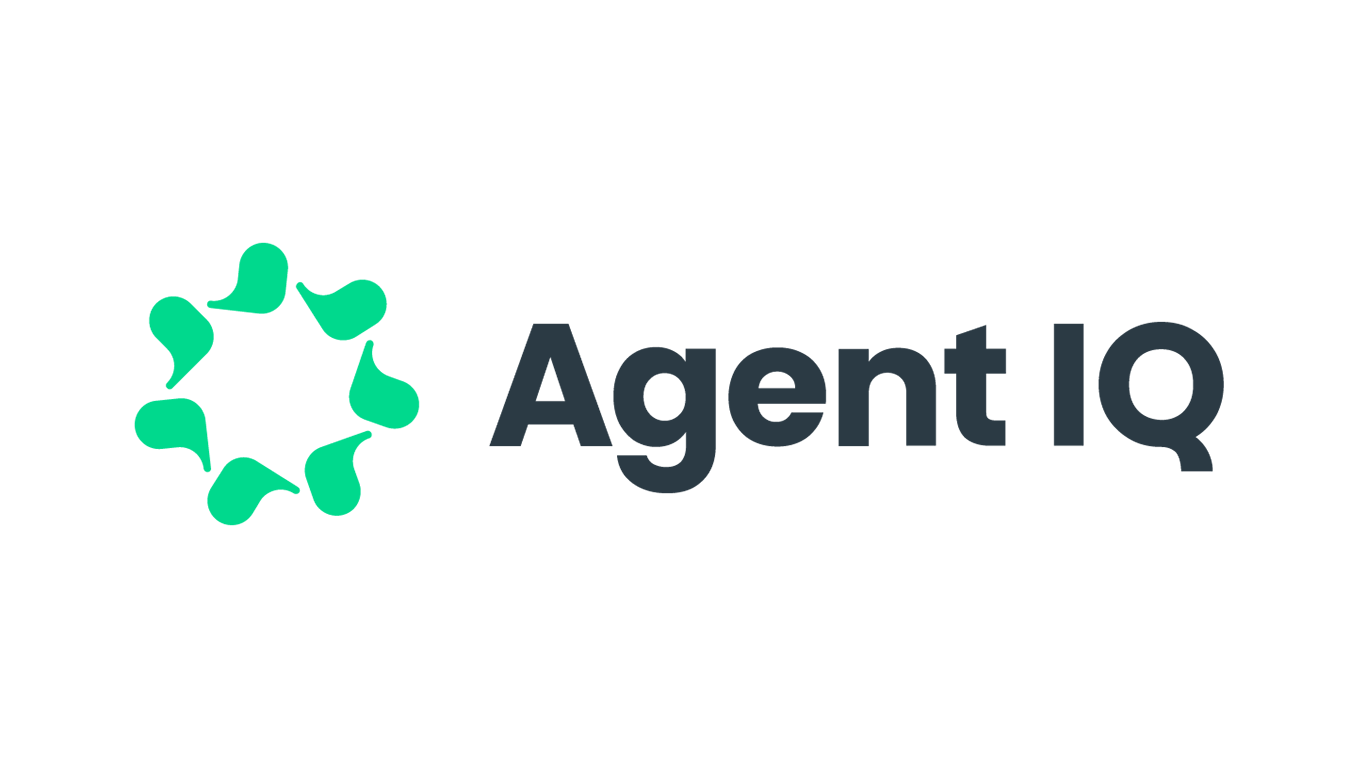
Agent IQ, a provider of digital customer engagement solutions specializing in making financial services more personal again, announced today the strategic investment from the Bankers Helping Bankers Fund (BHB Fund), a community bank-focused fintech venture capital fund managed by Latitude38 Venture Partners, in partnership with IBAT Services, Inc., a subsidiary of the Independent Bankers Association of Texas (IBAT) and FedFis, a leading banking market intelligence and advisory firm.
Established in late 2022 “for community banks, by community banks,” the BHB Fund was created to provide community banks with exposure to a diversified portfolio of fintech investments that drive growth, improve operational efficiencies and enhance the bank’s competitiveness, while also sharing potential to earn outsized venture capital returns that are uncorrelated to traditional bank operations. Investing in early-stage companies that solve “here and now” challenges facing community banks, the BHB Fund selected Agent IQ as one of its early investments. The BHB Fund will continue fund raising closes throughout the first half of 2023.
“The BHB Fund is very excited to fund Agent IQ as one of its early investments as the company fits squarely into our investment thesis,” said Richard Leggett, Managing Partner, Latitude38 Venture Partners. “We are tremendously thrilled to partner with Slaven, and the rest of this highly talented team. The need among community banks for digital engagement in an era of online, technological growth is more important than ever; we look forward to leveraging our network, partners, and operating experience to help Agent IQ grow and capture future opportunities.”
“We are excited to be a part of the BHB Fund as the organization is helping more community banks overcome their shared challenges, operate more efficiently and discover new sources of income,” said Slaven Bilac, CEO & Co-Founder, Agent IQ. “This investment is representative of Agent IQ’s commitment to helping FIs foster deep and meaningful customer relationships while also meeting the digital demands of today’s customers. Our team looks forward to empowering more community banks with data-driven technology and the ability to allow relationship banking to thrive in the digital world.”
Related News
- 03:00 am
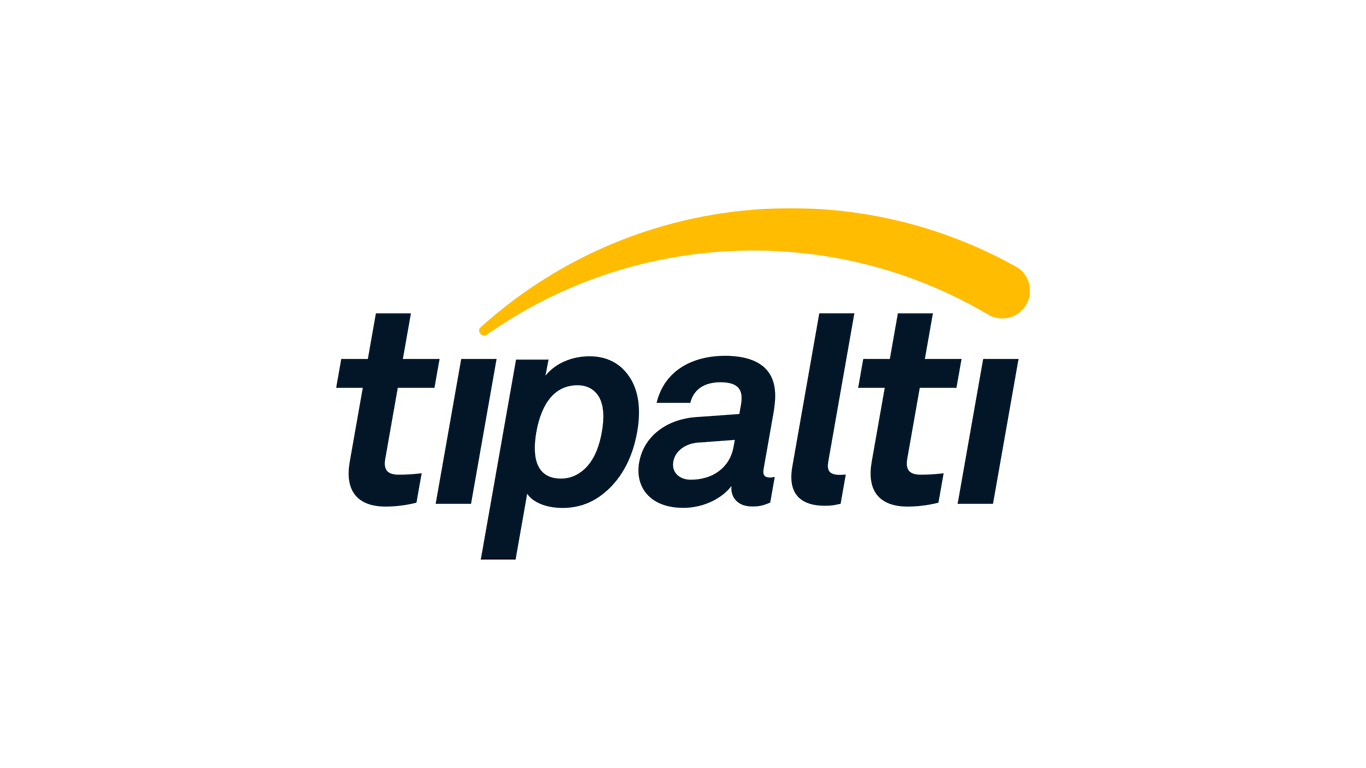
Tipalti, the leading global payables automation solution, today reveals fresh insights into the strategies of global finance leaders in high-growth businesses amidst the current economic climate, with almost 8 in 10 (78%) believing sustainable growth is now more important than growth-at-any-cost.
With interest rates at their highest level in 14 years driving up expenses and supplier costs, finance leaders are also recognizing that automation is a key factor in supporting sustainable growth plans. The new research, commissioned by fintech unicorn Tipalti, surveyed and interviewed 500 finance leaders in fast-growth businesses across the US, UK and Benelux. The findings revealed that over three-quarters (78%) of finance leaders agree that their accounts payable (AP) function can play a key role in offsetting higher costs related to inflation.
However, a lack of automation continues to swallow finance teams’ hours with 36% of their time still being spent on manual processes rather than tasks that aid strategic initiatives. Businesses remain largely focused on growth in the current economic climate – with just over half (51%) stating that they are focused on maintaining their original growth plans, while 45% are focused on more sustainable growth.
“Two years ago, ‘growth-at-any-cost’ was considered successful and the reason why valuations skyrocketed, making it easier than ever to grow a startup,” said Rob Israch, President of Tipalti. “Falling from their pandemic peak, the collapse of Silicon Valley Bank followed by other regional banks sent shockwaves throughout the finance sector, impacting liquidity in the tech space, meaning many are now faced with a very different reality,” he continued.
Businesses are now beginning to plan for growth beyond the economic downturn, and visibility over finances is hugely valuable. On average, 77% say that as a business, they need to stop being reactive and begin planning beyond an economic downturn. In fact, 79% say that AP automation can enable them to plan beyond the current slump and support growth objectives by freeing up time for strategic activity (83%), enabling timely supplier invoice payments (84%) and allowing less friction and complexity to ease business expansion (80%).
“Sustainable growth needs to be strategic and measured,” continues Israch. “Successful businesses will be focusing on their core proposition and doubling down on the business segments with the best productivity and economics – essentially those that provide the best ROI and attractive payback for sustainable growth. To be future fit, businesses must ensure their finance team is agile and equipped with the tools, such as automation, to withstand change,” he continued.
AP challenges remain
On the surface, the research suggests that time spent on manual processes is improving, but the reality is that higher volumes of supplier invoices combined with the same (or less) resources mean that finance professionals are forced to process invoices faster. In fact, the time to process an individual supplier invoice has dropped from 50 minutes in total in 2021 to 33 minutes in 2023. This creates additional risks of errors and burning out the accounts payable team.
While AP automation is high on the agenda, departments appear to be automating their processes slowly and in increments rather than addressing their processes holistically. 32% say that AP won’t be fully automated until the end of 2024, while 31% say 2025, meaning these challenges are only set to continue for the foreseeable future.
It is clear that AP inefficiencies have a knock-on effect on an organization’s reputation. Four-fifths (81%) of those surveyed say that now more than ever, they need to ensure supplier relationships are as good as they can be. But if AP inefficiencies continue or intensify, finance leaders expect to suffer from issues like damage to supplier relationships (34%), an inability to find enough time to contribute to strategic decision-making (33%) and a weakening negotiating position with suppliers (31%).
Amidst economic uncertainty and technological transformation, the finance function evidently has a leading role to play in delivering growth and business success in the years to come.
Related News
- 06:00 am
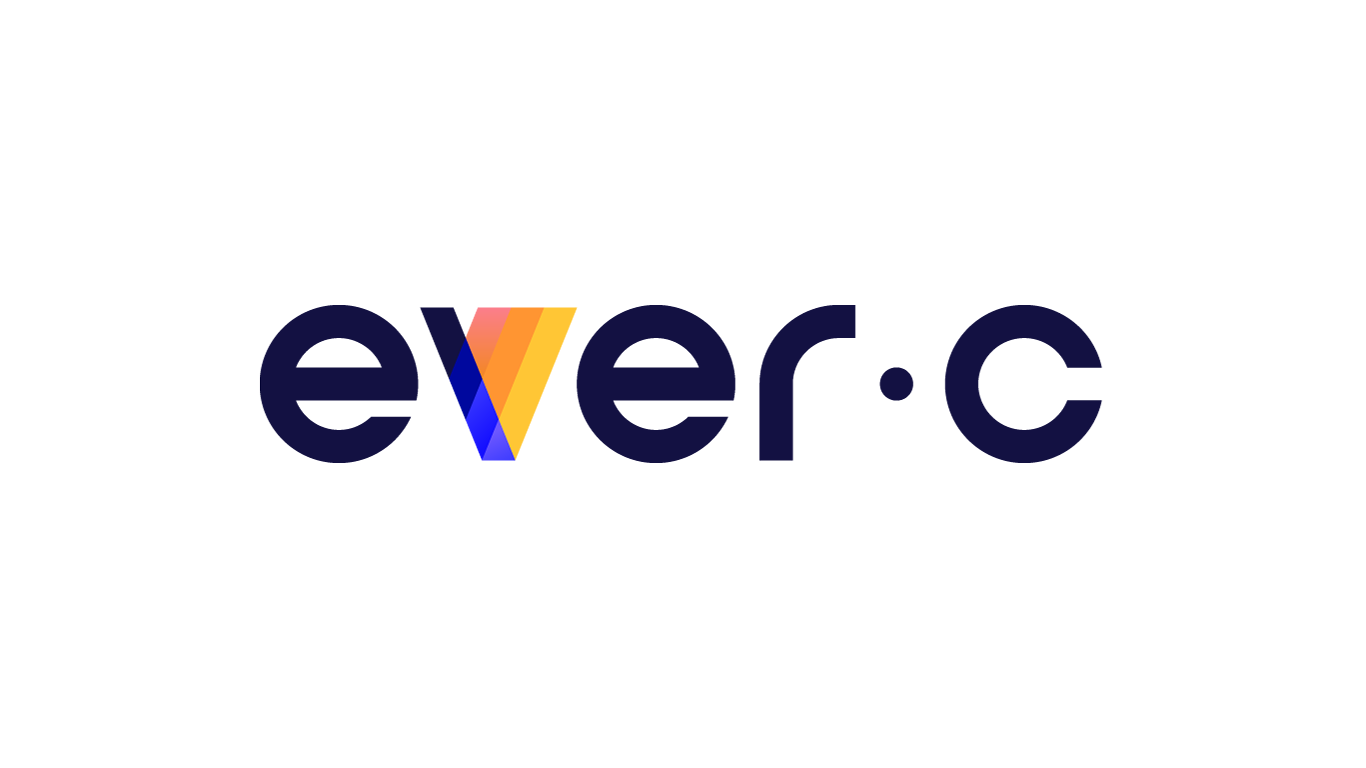
Today, EverC announced a new feature to enhance their flagship solution, MerchantView: Rules Customizer. The new feature will enable the company’s customers, Tier 1 players in the ecommerce space, to customize their risk intelligence to an unprecedented level.
Customization is a crucial element for identifying, assessing, and mitigating risk in the payments industry. As payments providers scale and expand into new regions and markets, they are subject to increasingly complex threats from criminals who leverage online merchants to launder money, as well as mounting legislative pressure that is driven by those threats. Managing risk efficiently and effectively in this ever-changing environment is an ongoing challenge.
This is why the ability to customize risk assessments and make adjustments when needed is essential, according to Ishai Froind, Chief Product Officer at EverC. “By offering a high level of customization alongside machine learning technology, we allow our customers to adjust their risk assessment based on their own unique portfolio, risk appetite, and other important factors,” said Froind. “The new Rules Customizer is an example of how customization capabilities, which form the bedrock of our innovative products, can heighten the performance and precision of the risk management process, increasing operational efficiency for our customers.”
Rules Customizer equips payment service providers (PSPs) and acquiring banks with the capability to continuously monitor merchant risk based on their own unique rules and risk tolerance.
“One size doesn’t fit all when it comes to managing risk successfully. Managing risk is a dynamic process that requires equally dynamic and flexible solutions,” Froind explained.
EverC maintains a strong practice of responsive innovation, to ensure that solutions have an immediate and significant impact on industry needs and priorities. Customers have been thrilled with the new feature. J.O., a Risk Manager at Fortis Payment Solutions, stated, "We requested the ability to customize [the MerchantView solution] further, and EverC delivered the rules customizer. It's a very valuable tool."
Rules Customizer provides customers with dynamic risk management, allowing them to pinpoint the most relevant, focused findings based on their definitions of risk, saving time and resources. When a payment provider makes a change to its merchant portfolio or shifts its risk-based approach (RBA), it’s simple to adjust the information to align with the changes.









